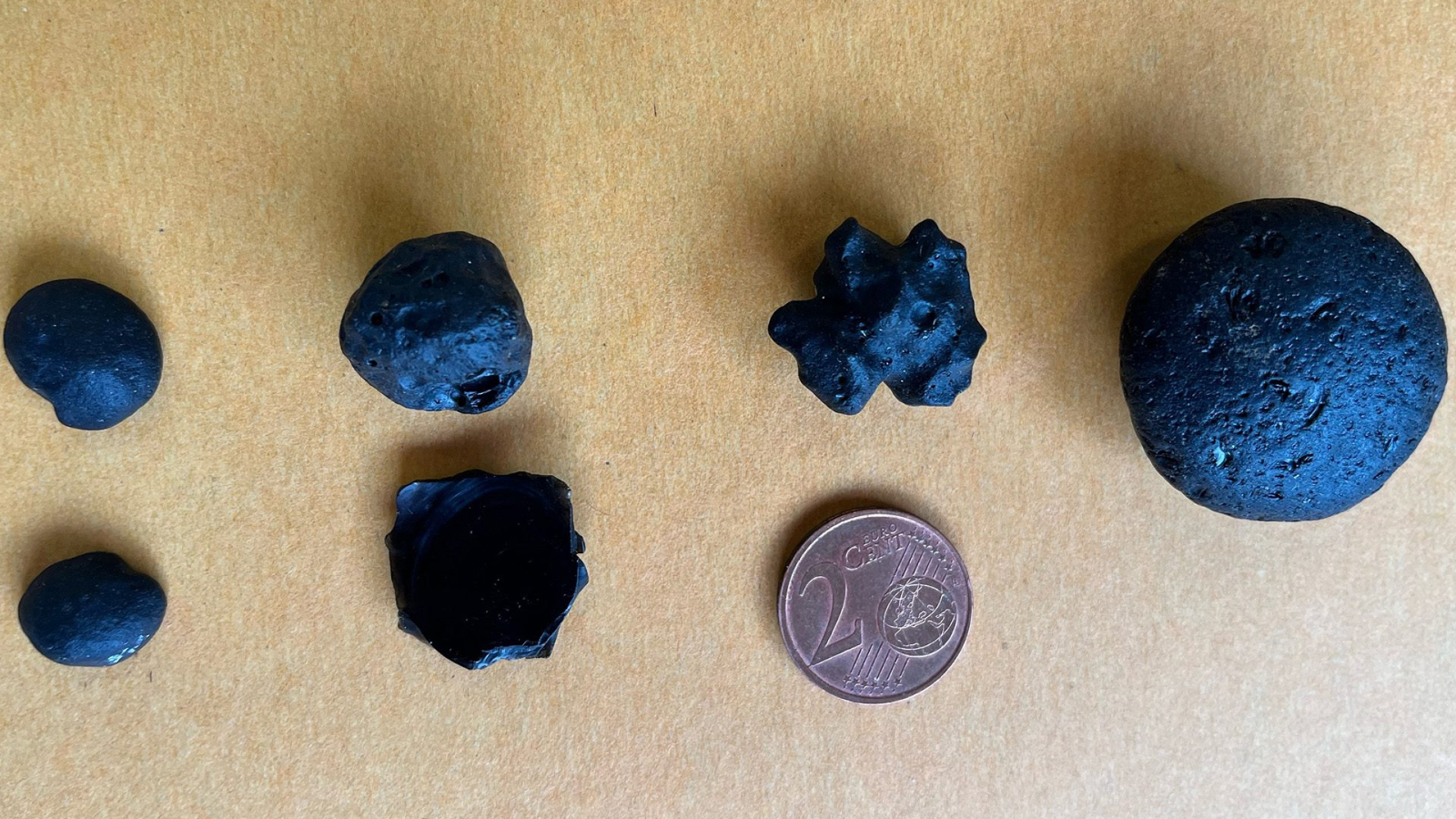Blockbuster weight loss jabs relied on by millions of slimmers could waste away muscles, research has suggested.
Once aimed at diabetes patients, drugs like Ozempic are now famous for bringing about rapid weight loss by reducing appetite.
But the injections often come with side effects, from nausea and constipation and, in most severe cases, life-threatening organ damage.
Now, US experts have found that semaglutide—the powerful ingredient behind Wegovy and Ozempic—may shrink muscles too.
Doctors have previously cautioned this could leave jab users metabolically ‘fatter’ because they then have a higher fat-to-muscle percentage, raising the risk of them piling the pounds back on once they stop taking the medication.
But the researchers, who carried out their tests on mice, discovered that most of this muscle shrinkage wasn’t from skeletal muscles, which surround bones and joints.
Instead it came from other tissues like the liver.
Dr Ran Hee Choi, an expert in nutrition and integrative physiology at the University of Utah and study co-author, said: ‘Loss of mass in metabolically active organs, such as the liver, is expected as part of healthy weight loss.’

Once aimed at diabetes patients, drugs like Ozempic are now famous for bringing about rapid weight loss by reducing appetite
Dr Takuya Karasawa, an expert in diabetes and metabolism at the University of Utah and study co-author, added: ‘It’s unlikely that the observed lean mass loss represents a serious adverse effect.’
In the study, researchers found Ozempic-induced weight loss decreased lean muscle mass in mice by around 10 per cent.
But skeletal muscles shrunk by only around six per cent. By contrast, muscle from other tissue like the liver shrunk by nearly half.
Researchers then tested the amount of force the mice’s muscles exerted and discovered that some muscle strength decreased as the mice lost weight, even when the size of the muscle stayed roughly the same.
Writing in the journal Cell Metabolism, the scientists said this potential loss of strength when taking Ozempic could be a particular concern for adults over the age of 60 who are at a higher risk of muscle loss and reduced mobility.
Dr Katsu Funai, a professor of nutrition at the University of Utah and study co-author, added: ‘The loss of physical function is a strong predictor of not just quality of life but longevity.’
Experts, who weren’t involved in the research, however said the findings need to be taken with ‘huge helpings of caution’.
Professor Lora Heisler, chair of human nutrition at the University of Aberdeen, said: ‘What is still an open question is whether the small degree of muscle loss observed in some patients taking Wegovy or similar medicines influences muscle strength or performance.
‘The study suggests that it might do in mice, but there needs to be huge helpings of caution taken alongside this as this study was conducted in mice.
‘The change in muscle function was only found in one type of muscle, and consistently found with one dose of drug.
‘Therefore, further research studies are needed in humans to understand the impact of Wegovy and other similar medications on muscle loss, strength, and performance.’
At least half a million NHS patients and some 15million patients in the US are now thought to be using weight-loss jabs, which can help patients lose up to 20 per cent of their body weight in just a few months.
And the numbers using them privately are even higher.
Under official guidelines, only patients who have a body mass index (BMI) of over 35 and at least one weight-related health problem like high blood pressure, or those who have a BMI of 30 to 34.9 and meet the criteria for referral to a specialist weight management service, should be prescribed weight loss jabs.
In the UK, law forbids the sale of such drugs without a prescription from a medical professional.
Source link

